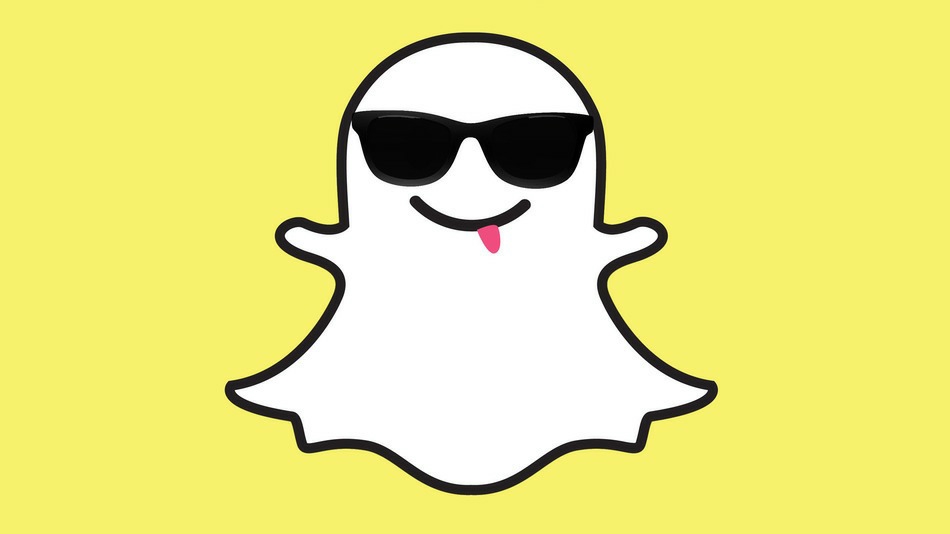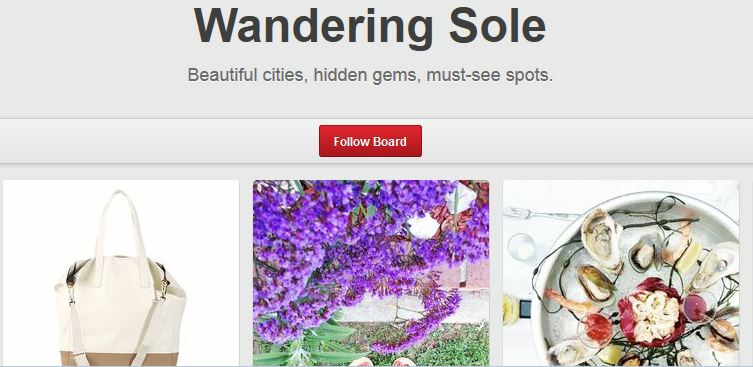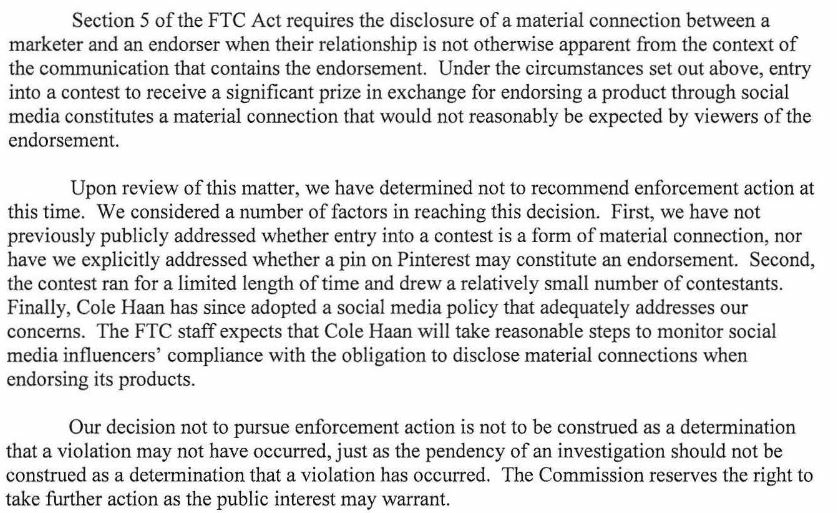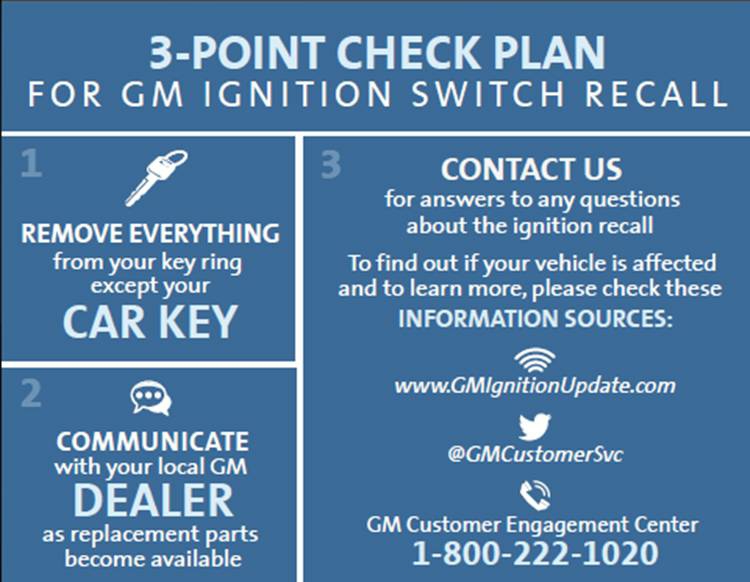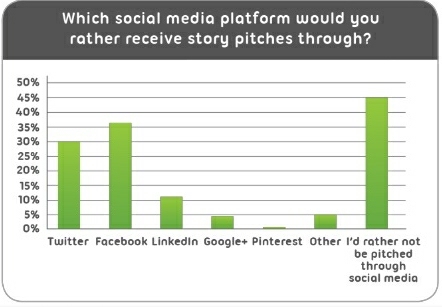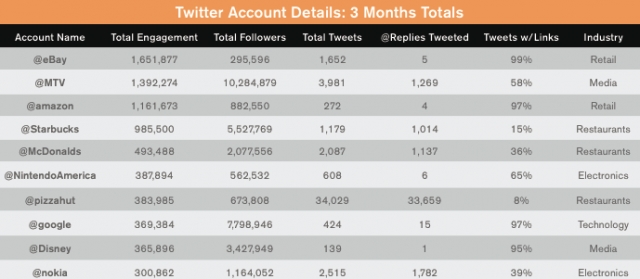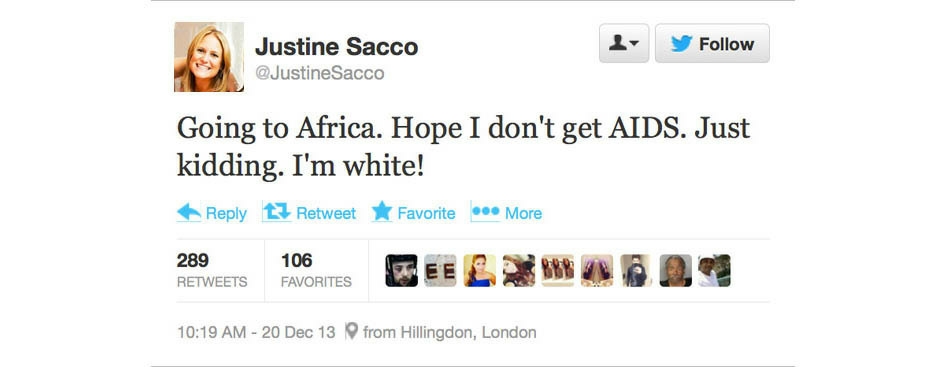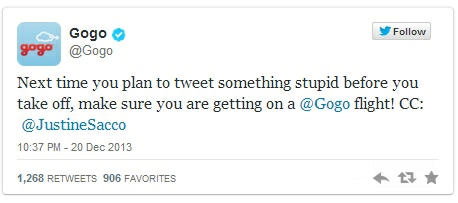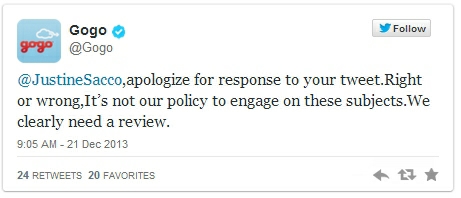Social Media's Small Influence
/Sixty-two percent of respondents in a Gallup poll said that social media had no influence over purchasing decisions. This sounds like bad news for companies who have spent tremendous time and money seeking followers on Twitter and likes on Facebook.
But that doesn't mean social media isn't important. Rather, as a Wall Street Journal article says, companies are shifting their strategies to cultivate relationships online more than simply attract people to a page.
Gallup's report found that "consumers are much more likely to turn to friends, family members, and experts when seeking advice about companies, brands, products, or services. Company-sponsored Facebook pages and Twitter." The report advises companies to consider social media as just one touchpoint with consumers, who could have their first interaction in a physical store:
"Therefore, if companies want to acquire new customers, their best bet is to engage their existing customers and inspire them to advocate on their behalf. Customer engagement drives social engagement - the degree to which consumers will work for or against an organization within their social networks - not the other way around."
Gallup suggests that companies spend less time posting content and more time engaging their current constituencies to advocate for the brand. This requires companies to be authentic, responsive, and compelling.
PR Daily also questions the poll's methodology:
"This Gallup Poll was conducted using telephone and mail surveys and gathered responses from 18,525 U.S. adults ages 18 and older, all of whom speak English."
Discussion Starters:
- In what ways does this report surprise you-or not?
- Look at your favorite company's Facebook page and Twitter feed. How well is the company using Gallup's suggested strategy? What changes would you recommend in its online interactions?
- Consider PR Daily's criticism of the survey. What's wrong with the approach?

